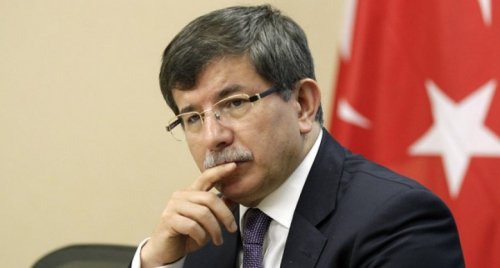vendredi, 04 décembre 2015
Diplomatic rhetoric and the neo-Ottoman strategy of Davutoğlu

Diplomatic rhetoric and the neo-Ottoman strategy of Davutoğlu
Ex: http://www.katehon.com
The Prime Minister of Turkey, Ahmet Davutoğlu, called for military communication channels with Russia to prevent incidents such as what has happened with the Russian Su-24 bomber. He expressed this before his visit to the occupied part of Cyprus by Turkey, which has a symbolic meaning. Turkey's ambitions to restore its influence are not only focused on part of Syria, but also on the Balkans and the Caucasus
00:05 Publié dans Actualité, Géopolitique | Lien permanent | Commentaires (0) | Tags : ahmet davutoglu, turquie, panturquisme, pantouranisme, néo-ottomanisme, levant, asie mineure, méditerranée, proche orient, politique internationale, géopolitique |  |
|  del.icio.us |
del.icio.us |  |
|  Digg |
Digg | ![]() Facebook
Facebook



Les commentaires sont fermés.